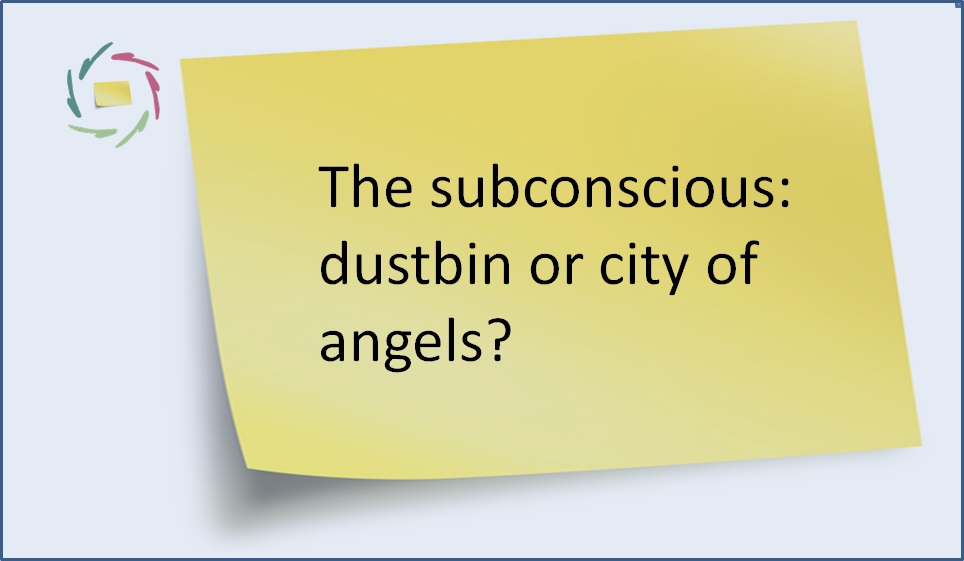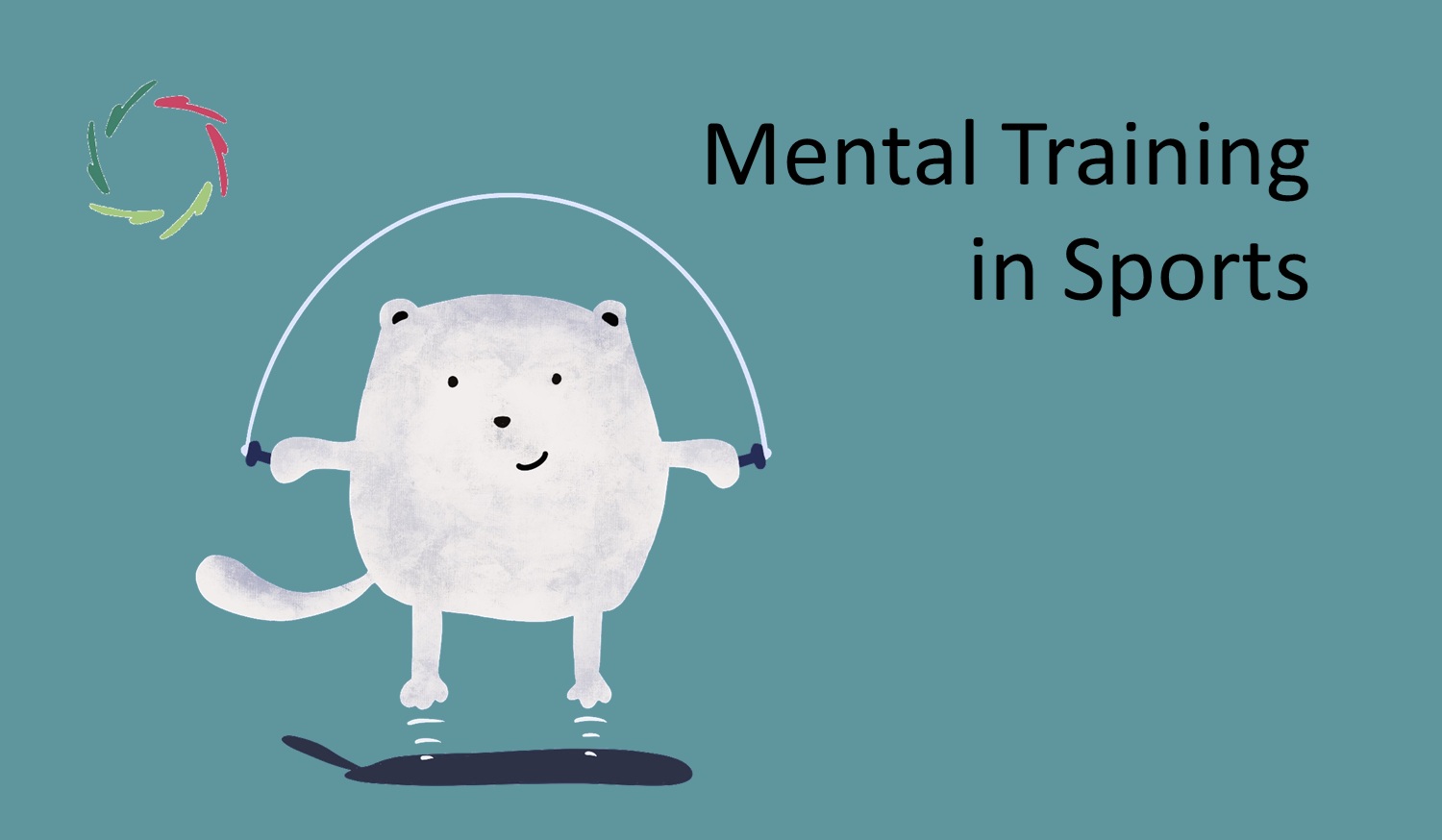20. The subconscious: dustbin or city of angels?

There are two very opposing views on matters of the subconscious. As the title of this text suggests, one is rather negative and the other, well, altogether more positive.
◊◊◊
Freud is exemplar for looking at the subconscious as mainly a kind of dustbin for repressed emotions and things that in one way or another aren’t worth being conscious: ‘sexual filth’, debris, the desire to kill one’s father (and mother, for that matter), etc.
◊◊◊
I think he was completely wrong, but nevertheless understandably wrong. Poor man. I will come back to him. But first, a most relevant question in this matter is: can one generally trust ‘nature’, whatever or whoever this may be?
◊◊◊
According to me, we certainly can. Is it not ‘nature’ that made us, in the first place? So it’s quite capable of something. Moreover, it made us because it ‘wanted’ us, one way or the other. Therefore I think we can have confidence. This, in religious terms, is the same as saying: ‘I believe’. Yes I do believe. Speaking in terms of ‘God’, ‘He’ is certainly all good, all love. There is no hatred, no life-diminishing force about Him. Only Love. I need to say it: in my personal relationship with God, I experience it this way. This is no proof of course. I’m afraid there is no possible proof in this matter.
◊◊◊
If I then look at humankind, I see that the most ‘natural’ part of man is his ‘deeper self’, his subconscious. If we can trust ‘nature’, if we can trust ‘God’, then we can also trust our own subconscious.
◊◊◊
Sure we are able to damage it, as we can also damage our body, and then the story becomes different. It is a principle thing. If you relate to your deeper self in an aggressive way, then you risk getting aggression back. However, if you relate to it in a completely non-aggressive way (but not therefore necessarily a ‘soft’ way), then you may expect the deepest help from it. If you go towards some goal together, as friends, then it will be a powerful ally on your way. I have seen this ever so often.
◊◊◊
Mind that there is also a warning in this: if you use aggression in your communication to your subconscious, then you may get aggression in return. If you stubbornly ignore a demand that comes from your subconscious, the consequence may be dire: aggressive behavior, bad feelings, addiction-proneness, depression, psychosomatic illness. Even then you only get what you directly put into it yourself, not what naturally belongs there. This way of course you can also get a ‘dustbin-idea’ about the subconscious, or worse. This is what happened to Freud.
◊◊◊
So make sure that you not only have a communication with your own deeper self, but also a good one: in truthfulness and openness, without aggression. If you use tools for this communication, make sure you can trust them.
◊◊◊


